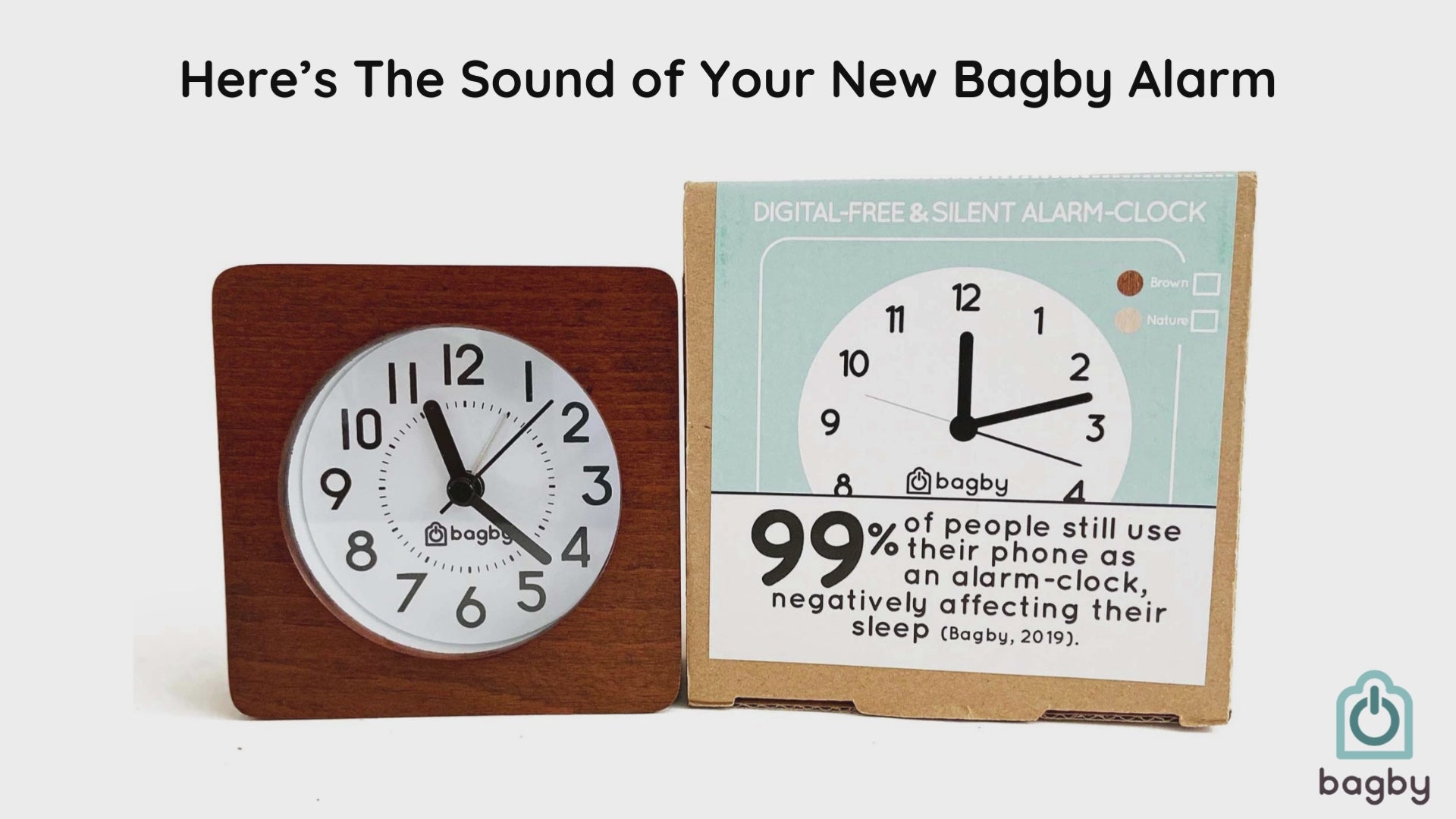A world without consequences. A world where you are in control. You can be a mighty warrior, a military general, a mystic, a detective, a cop, a thug, a fast-food worker, a CEO – anything you want to be, you can be. This world is limitless. This is the world of video games.
Today, approximately 3.9 billion children and adults play video games. Still, the gaming world is seen as unsophisticated and the domain of couch potatoes.
What's more, video games can be dangerously addictive. In fact, the World Health Organization recognizes Gaming Addiction as a recognized disorder, as we discussed in an episode of the Healthier Tech Podcast with noted addiction therapist Adam Cox.
So, is it true that video games are just a potentially-dangerous waste of time? Or is there something more to it?
In this post, we’ll explore the world of video games and analyze their impact on your being.
So, let’s begin.
Evolution of Gaming
In 1950, Dr. Edward Uhler Condon launched the first gaming machine called Nimatron, which ran an ancient mathematical game called Nim.
“Nim is a mathematical game of strategy in which two players take turns removing (or “nimming”) objects from distinct heaps or piles.”
Reports say that about 50 thousand people played the game in the span of six months, during which the computer won 90% of the time.
This was the start of something that has now turned into a 200-billion-dollar industry.

After Nimatron, it took nearly three decades for the first commercial game machine, the “Brown Box,” to be publicly available. You could program the “Brown Box” to play a variety of games, including checkers, ping pong, and other sports games.
Besides that, it also had a lightgun that you could use for target shooting games.
After that came games like Atari Breakout and Mario. And with the kind of following these games were gaining, one thing was for sure: this was the beginning of something remarkable.
In 2007, gaming went mobile. Games like Angry Birds, Clash of Clans, and Mini Militia became people’s favorites. This rose the industry to a whole new level.
Is Gaming Just for Entertainment?
These days, video games come in many guises.
- First Person Shooters (FPS Games)
- Role Playing Games (RPG Games)
- Adventure
- Simulation
- Strategy
- Sports & Fitness
- Fighting
- Platformers
- Survival & Horror
- Stealth
- Interactive Movie
- Puzzlers & Party Games
- Social Deduction
- Educational
- Augmented Reality
One by one, companies started creating different genres and numerous video games within them, giving something to everyone.
Now the situation is that not only do billions of people play video games every day, but it’s also a career for thousands of people worldwide.
So, this begs the question: Are those billions of people just getting entertainment from video games? Or are they getting something more?
The Benefits
A 2022 study of nearly two thousand children found that those who play video games for three hours every day or more perform better on cognitive skills tests involving working memory and impulse control compared to children who never play video games.
And this is just one of the benefits. There are more.
Improved Manual Dexterity
Manual dexterity is the ability to use your hands in a coordinated and skillful way to grasp and manipulate objects and demonstrate small, precise movements.
Experts say that controller-based games help you enhance this ability.

A 2008 study involving a group of surgeons found that doctors who played video games performed advanced surgeries significantly faster than those who didn’t. Besides that, they also made 37 percent fewer mistakes.
Increase In Your Brain’s Gray Matter
Gaming is a workout for your mind disguised as fun, say experts. Studies show that gaming increases the gray matter in your brain and boosts brain connectivity.
Gray matter is what your brain uses for muscle control, perception, memories, and spatial navigation.
Better Social Skills
There’s a stereotype that portrays gamers as shy individuals who use video games as a way to escape social interaction. But surveys show that's not what an average gamer looks like.

A 2016 survey found that children who played more video games were more likely to have good social skills, and they were able to build better relationships with other students because of the collaborative and social component of some video games.
Improved Problem-Solving Skills
When you’re playing games in open-world, mission-based, and multi-level genres, you have to think on your feet most of the time. And your actions have consequences for your avatar.
So, you develop quick decision-making skills in this fast-paced fantasy environment, which your unconscious brain brings into the real world.
One long-term study from Radboud University in the Netherlands showed that children who enjoy strategy-based games have better problem-solving skills, resulting in better grades in school.
Career For Some
Video games aren’t just people’s favorite pastime anymore. Gamers are earning serious money through their love of gaming. Today, you can enter tournaments, do live streams, and gain sponsorships, all of which can win you a lot of money.

These are some names that have created multi-million-dollar businesses through gaming and are revered in the community:
- PewDiePie
- Ninja
- Markiplier
- JackSepticEye
- Shroud
- Valkyrae
- TimTheTatman
- RiceGum
- Summit1G
- Ludwig
Some reports say that these gamers play for 8-9 hours, sometimes more every day. So, gaming isn’t just a pastime. It’s a full-time job for them and thousands of others.
But There Are Downsides
These are a few of the many benefits of playing video games. But despite a number of benefits, we can’t look away from the fact that prolonged gaming has a lot of disadvantages that might impact your quality of life.
Let’s have a look.
Tech Addiction
When you watch something on your colorful screen, your brain processes and reacts to the sensory input as if it was happening to you in reality.
While watching movies, we cry, laugh, and get startled; the same kind of engagement is possible when we play video games.
Your brain processes the scenarios in the video game as if they're real. So, if the game depicts a violent or dangerous situation, your body reacts accordingly.
In simple words, video games keep your brain in a constant state of hyperarousal. So, because of this, the real-world starts to seem boring.

This makes you want to go back to either playing games or watching screens just to receive constant stimulation. And this can soon turn into a crippling tech addiction.
Although tech addiction is not recognized in the Diagnostic and Statistical Manual of Mental Disorders (DSM-5), experts around the world consider it a growing problem.
Studies say that prolonged tech use causes a ton of physical and mental health problems, including:
- Physical health problems
- Neurological damage
- Depression and other mental health issues
- Reduced empathy
- Low emotional intelligence
- Sleep disorders
- Memory damage
- And more…
Learn more about the effects of technology addiction in a Shield Your Body post, “Tech Addiction & EMF: How Manipulative Technology Is Harming Our Health.”
Physical Issues
The gaming world is so ensnaring that it keeps gamers immersed for hours. And spending this much time playing video games can do physical damage to their bodies, say experts.
Problems like carpal tunnel syndrome, migraines, sleep disturbances, backaches, neck pain, and eating irregularities and common in intense gamers.
If this continues for a long time, the effects can be irreversible.
Prolonged Blue Light Exposure
All screens, whether it be your cell phone, computer, laptop, or TV, emit something called blue light. It’s one of the lights in the visible light section of the electromagnetic spectrum, and it can potentially suppress your body’s melatonin production.
I’ve explained why in my post, “What Is Blue Light? Is Blue Light From Electronic Gadgets Bad for Your Health?” So, give it a read.
When you game compulsively, you expose your eyes to lots of blue light, which results in you not being able to sleep. And even if you do manage to doze off, the sleep quality you get won’t be optimal.
As you may already know, lack of sleep is associated with a ton of health problems, including obesity, cardiovascular diseases, and a weakened immune system.
Increased Cortisol and Adrenaline
Studies say that playing violent video games can actually increase aggressive thoughts, feelings, and behaviors in both the short term and the long term.
These games can also desensitize people to seeing aggressive behavior, which can decrease prosocial behaviors like helping others and feeling empathy, say experts.
But this isn’t true for all games, as thousands of games don’t promote violence. But why is it that researchers say all games have the ability to induce aggressive behavior?
See, games have levels, difficulties, and the concept of winning and losing – and all these things can trigger adrenaline and cortisol production in your brain.

“This increases our blood pressure, heart rate, and breathing rate. After a while, the blood shifts to the limbic system, the part of the brain involved in our emotional and behavioral responses, which can cause brain fog, sometimes called becoming a game zombie,” says Cam Adair from gamequitters.com.
And as with so many things, this trait can also transfer from the virtual world to the real world.
So, What’s The Solution?
Now you can avoid all of these adverse effects just by quitting gaming. But then you’d also be missing out on all of the benefits that come with it.
So, what’s the solution? Is there even one?
Yes, there is. And it’s to change the way you play and view video games. Here’s what I mean.
Self-Moderation is The Key
Rumi, a 13th-century Persian poet, once said, “Anything which is more than our necessity is poison.” So, your goal should be to extract the benefits of gaming without putting yourself at risk of developing the problems that tag along.
And you can do that through self-moderation.
Remember, it’s a machine, and you are the one who is in control. If you feel that you’re gaming compulsively, and it’s negatively affecting your daily affairs, put a stop to it for a while.
And when you’re ready, you can fire up your gaming station, but with a strict time limit.
San Diego State University psychology professor and researcher Jean Twenge state that “the safe limit for teens is one to two hours daily.”
And this doesn’t mean adults can play for longer. Remember, the majority of teens are more physically active than adults. So, if you’re an adult who plays video games, your limitations should be stricter than that of a teenager.
If you are a parent and your child is addicted to video games, I recommend you give my post, “Gaming Addiction: What Causes Your Child to Play Video Games for Hours?” a read.
Treat Video Games as Tools
To fully extract the benefits of gaming, you need to treat it as a tool. Remember, a hammer can help you fix stuff, but it can also break things. What matters is how you use it.
So, when you start viewing video games as beneficial tools, you’ll be the one controlling the kind of impact gaming has on your life.
Final Thoughts
So you see, you don’t need to quit video games to avoid their effects. You just need to create a healthier balance with them, just like with other forms of modern technology.
To lean more about how to do that, check out The Healthier Tech Podcast, where experts from different industries discuss how to live safer, healthier lives alongside modern technology.
Happy gaming.


















